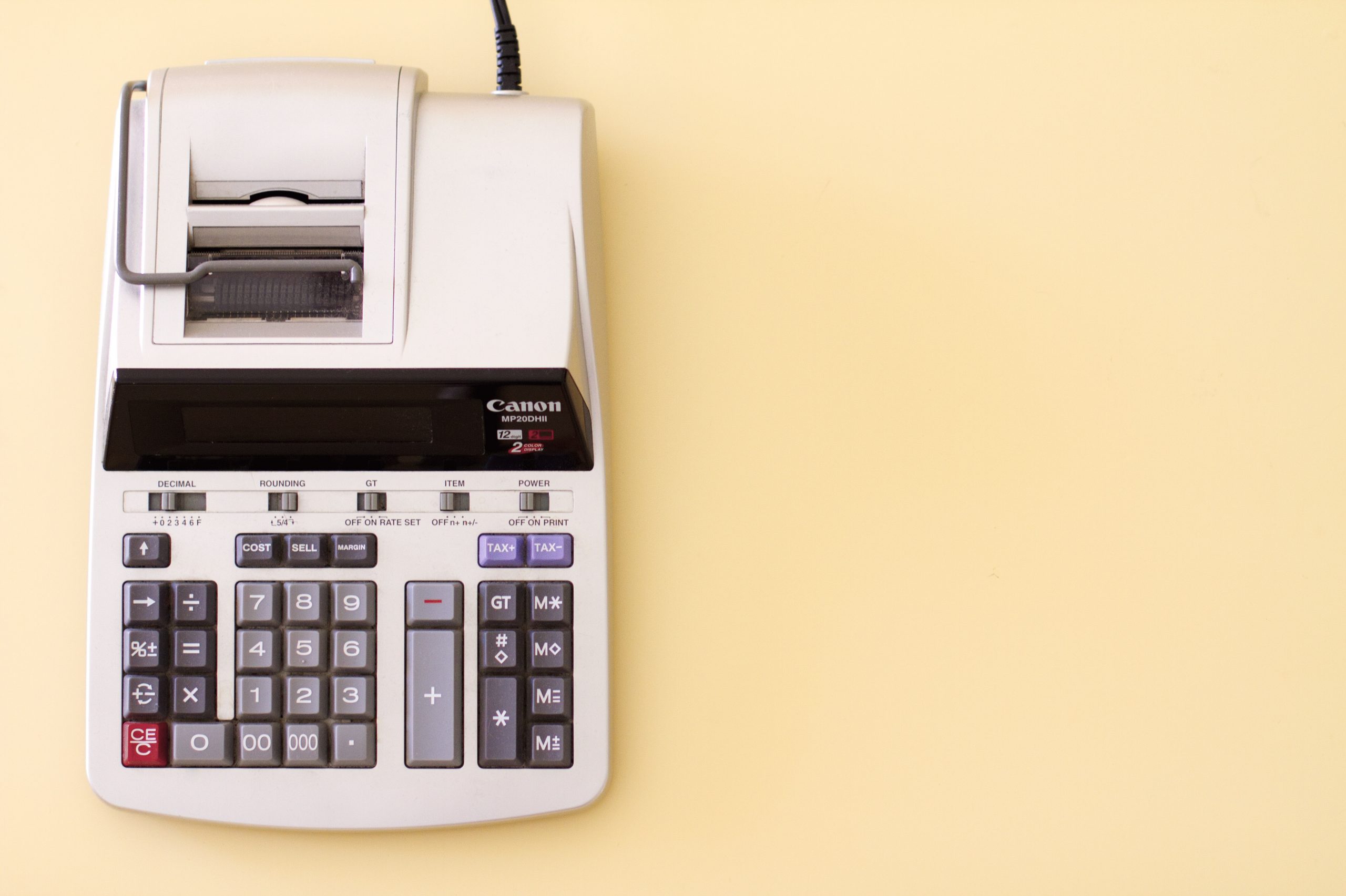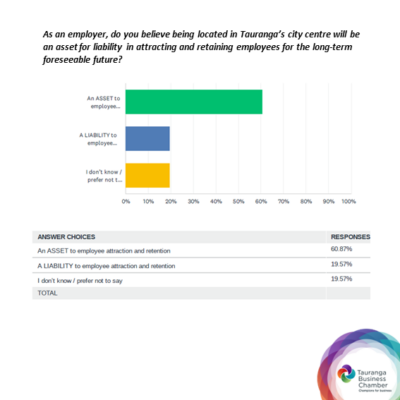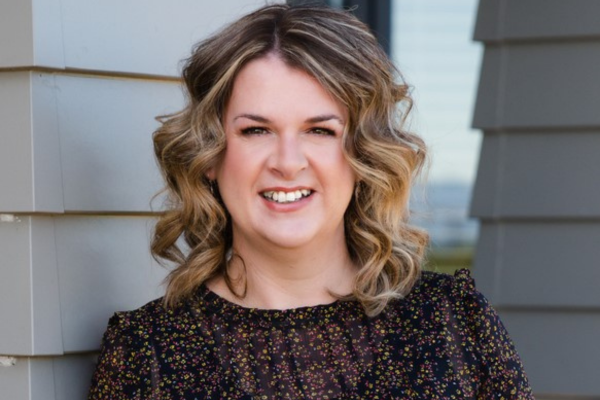Do you understand the true value of your accountant?
They can provide valuable business acumen and insight, help you set-up your business processes and systems, and take a holistic view when it comes to future thinking.
Megan Tomalin from Small Business Accounting (Tauranga) provides us with some top tips how to get the best from your accountant – where they can help and what you should think about when engaging with one.
Back to Basics is a blog series with Chamber Members focusing on the fundamentals of business. Whether you’re just getting started or need a refresher to ensure you’re up to scratch, we’re here to help connect you with the info you need.
You can read more on our News & Updates page.
It is really important that you engage with an accountant if you are thinking about going into any sort of business on your own.
A relatively small cost up-front could potentially save you thousands down the track and also keep you on the right side of IRD and tax legislation.
An accountant can advise you on the different business structures, pros and cons of each and the suitability of each for the business you are going into.
Questions you might like to ask an accountant before you engage with them:
- What are their costs and what do they cover?
- Do they offer fixed fee packages?
- Do they offer a free no-obligation initial consultation if see you are a good fit to work together?
- Can they help you set up a business plan/forecast?
- Can they recommend other apps that will suit your particular business?
- Can they recommend other specialists (insurance etc) that can help with your business?
Your accountant should be able to talk you through your business results/performance so you understand the numbers and can identify what areas might need to be improved on.
Your accountant has professional obligations to keep abreast of current tax legislation and ensure your records comply with it e.g. the recent changes for residential rental property owners involved a major change in regards to the tax deductibility of interest expenses
Top tips – what areas can and should you work with your accountant on?
Consult with an accountant who can assist with:
- Bookkeeping
- Compliance- keeping it legal for GST, Payroll tax and Income tax requirements
- Better ways to administer your business, software recommendation.
Determine your business operating structure:
- Sole trader
- Partnership
- Limited liability company
- Look Through Company
- Trust
Limited liability company?
- Reserve a name
- Determine shareholders and directors

Opening new business bank accounts (separate from personal)
Keeping it separated allows for better accountability and analysis.
Using cloud-based accounting software (Xero)
Find the Xero subscription type best suited to your needs. You may not need invoicing functionality initially, so a cashbook partner edition may be better suited.
Undertaking Xero training and customisation of subscription to suit your business.
Xero has great learning modules included or SBA can provide training using your data.
Understanding specific expenses:
- Entertainment: Determine a policy for what is and isn’t deductible and use rules in your software to automate this
- Motor vehicle expenses: Apportionment of business and private usage, keep a log book or consider FBT for company vehicles
- Home office expenses: Apportionment of expenses based on area at home if this is used for business.
GST threshold. There are advantages /disadvantages of voluntary registration (below $60k sales threshold)
- Register voluntarily below $60,000 per annum to claim GST on assets purchased
- Find most appropriate time to register to reduce compliance costs
Assets: Capitalisation and depreciation
What is immediately deductible and what has to be reduced over time?
The COVID situation allowed a short-term deduction of $5,000 for an asset but is now set at $1,000 per asset.
Budgets / forecasts: Advantage of preparing and updating
Making a plan with future scenarios to track if you’re meeting your goals for income and expenses, and analysing the variances.
Reports: Review business performance regularly
Observing patterns in our financial activity and discussing these with someone who has experience with trend analysis.
Understanding business specific regulations
Fair trading, consumer guarantees, privacy, health and safety, food licensing etc.
PLUS, the income tax dates to remember are:
- Income tax year is 1 April – 31 March
- Income tax is payable by 7 April the following year
- Provisional tax comes into play when terminal income tax is > $5,000. Payment dates for provisional tax is determined by GST filing basis.
















































